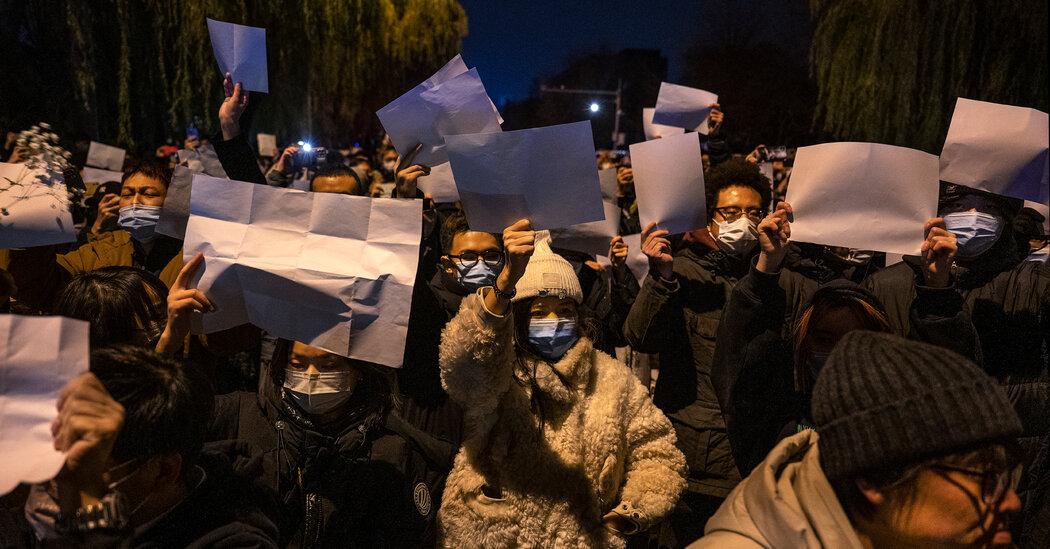Few major airlines in the world were hit by the Covid pandemic as hard as Cathay Pacific, the flagship carrier of Hong Kong, or have labored so mightily to recover from it. Its business was decimated by some of the industry’s most expansive flight bans and quarantine requirements. And the pandemic wasn’t the start of Cathay’s troubles. In 2019, when Hong Kong was convulsed by pro-democracy protests, Cathay Pacific was caught in the crossfire with Beijing. Flights were canceled or delayed by airport sit-ins involving thousands of demonstrators, among them…
Tag: Layoffs and Job Reductions
LinkedIn Will Cut Over 700 Jobs Worldwide and Shut Its China App
LinkedIn, the networking platform used by millions of employees and companies, said on Monday it will pare down its operations in China, capping a multiyear pullback that exemplified the challenges of running a foreign business in China. The company, owned by Microsoft, said it will lay off 716 employees worldwide, including teams dedicated to engineering and marketing in China, because of slumping demand. It did not say how many of those layoffs will be in China. LinkedIn will also shut its China job posting app, a bare-bones version of its…
China’s Youths, Stung by Years of Covid Rules, Fear Grim Job Future
Mandy Liu, a 21-year-old university student in Beijing, believes that anyone who has lived in China during the pandemic can see that the country’s future is looking increasingly uncertain. Covid restrictions were stifling, and employment opportunities were grim. She is set to graduate next year with a degree in tourism management and has submitted more than 80 applications for jobs. She has not received a single offer. Many young people had followed what the Chinese Communist Party told them to do, only to be left disillusioned, Ms. Liu said. “What…
China’s Covid Lockdowns Leave Millions Out of Work
After over a month in lockdown, Zeng Jialin could finally return to the Shanghai auto parts factory where he had worked. He was about to be released from a quarantine facility, having recovered from Covid, and was desperate to make up for the many days of wages he had missed. But on Tuesday, the day he was supposed to be released, someone in the crowded isolation facility tested positive again. Mr. Zeng, 48, was ordered to wait 14 more days. “I have three kids, in college, middle school and elementary…
As Beijing Takes Control, Chinese Tech Companies Lose Jobs and Hope
The video platform that laid off Mr. Zhao, iQiyi, had an abysmal quarter, losing about $268 million. Its share prices fell by 85 percent from its high in 2021, reflecting investors’ concerns that the company, once aspiring to be China’s Netflix, will be short of shows that can attract more subscribers and advertisers. “The biggest problem for our industry is severe shortage of content supply,” iQiyi’s chief executive, Gong Yu, told analysts in November. He blamed, in part, censors’ slow approval. IQiyi did not respond to requests for comment. (Mr.…



